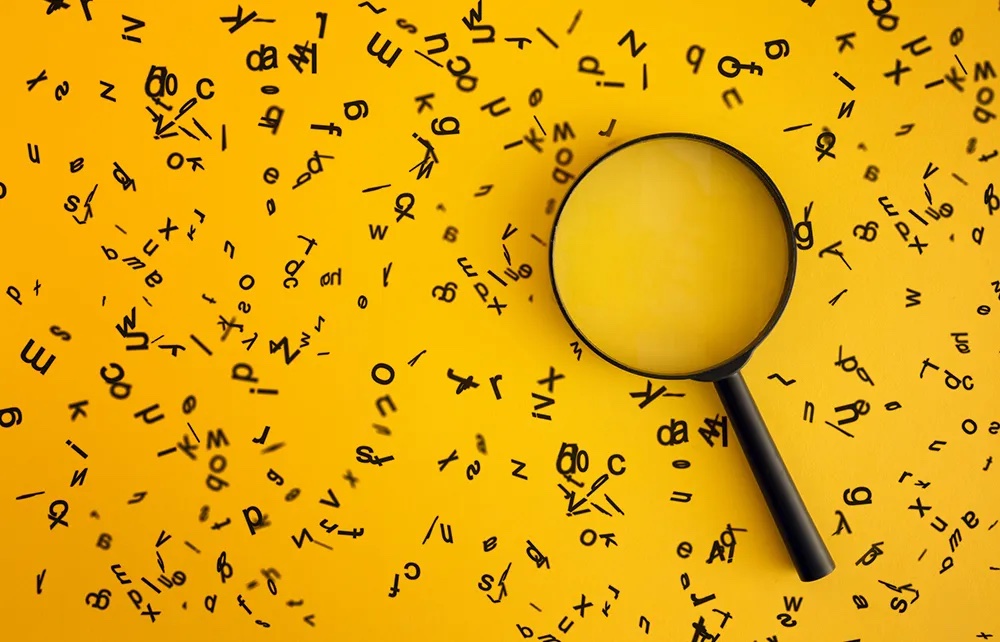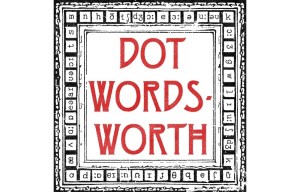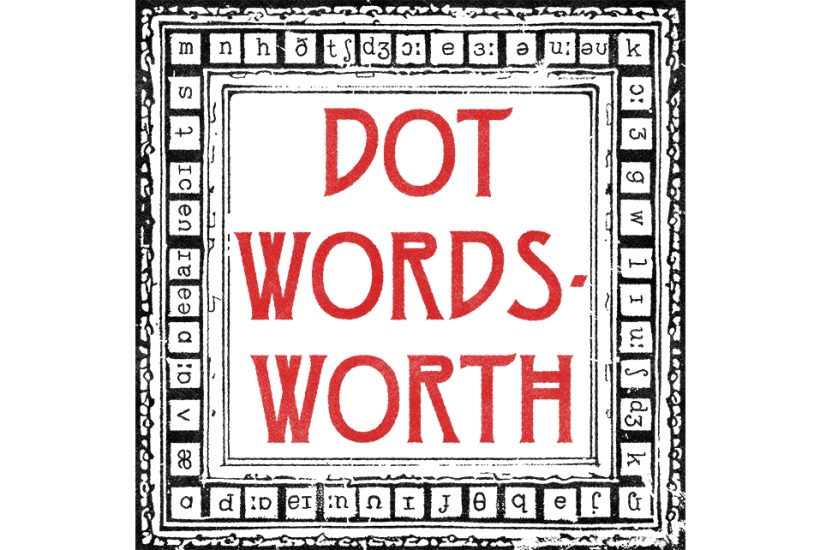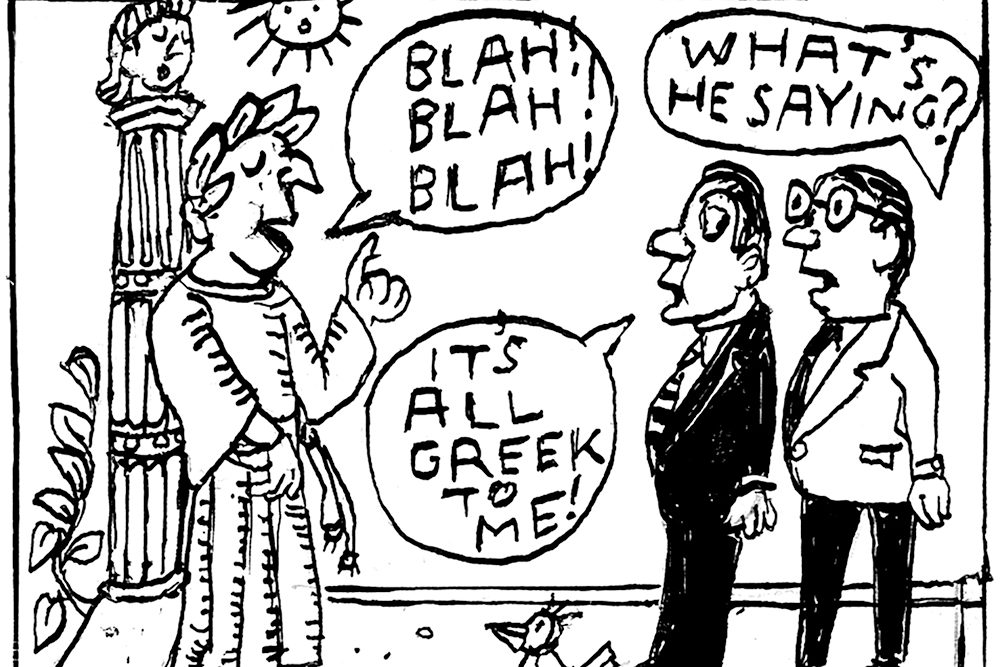An “apoplectic” reader, Antony Wynn, writes to lament that “two much loved writers have been coruscating of late when they should have been excoriating.” In pursuing his tale of horror, I made a surprising discovery.
Let’s start with origins. Coruscate comes from Latin coruscare, “to vibrate, glitter, sparkle, gleam.” Excoriate comes from Latin excoriare, “to strip off the hide.” Generally, present-day meanings need not be those of the etymological originals, but in these two cases many writers are aware of the ancestry and think of sparkling behind coruscating and flaying behind excoriating.
Yet a large proportion of uses of coruscate are clearly meant to mean “upbraid scathingly, decry, revile” — a figurative sense of excoriate. In the newspapers I have found: “Earl Spencer’s coruscating speech at Princess Diana’s funeral”; “the most honest and ruthlessly coruscating essay I’ve read” and an example that simply can’t mean “sparkling”: “a self-coruscating standout from her first album.”
But coruscating continues to be used in the “sparkling” sense, often in sporting journalism, my husband tells me: “a coruscating burst of six-hitting.” Six-hitting might be excoriating, for the other side. It depends on the context. But context is the means by which native speakers learn the meaning of words.
The great surprise is that the Oxford English Dictionary has just updated its entry for coruscating. The meaning of “severely critical; scathing,” it says, “though sometimes regarded as an erroneous use arising from confusion with another word, especially excoriating, the available evidence suggests this arose by regular semantic development from earlier uses of the word.”
Perhaps coruscating has developed into “scathing.” Yet it has not done so unaided by confusion with excoriating. It would be a pity to think it has gone so far as to be unusable in the older sense.
This article was originally published in The Spectator’s January 2025 World edition.






















Leave a Reply